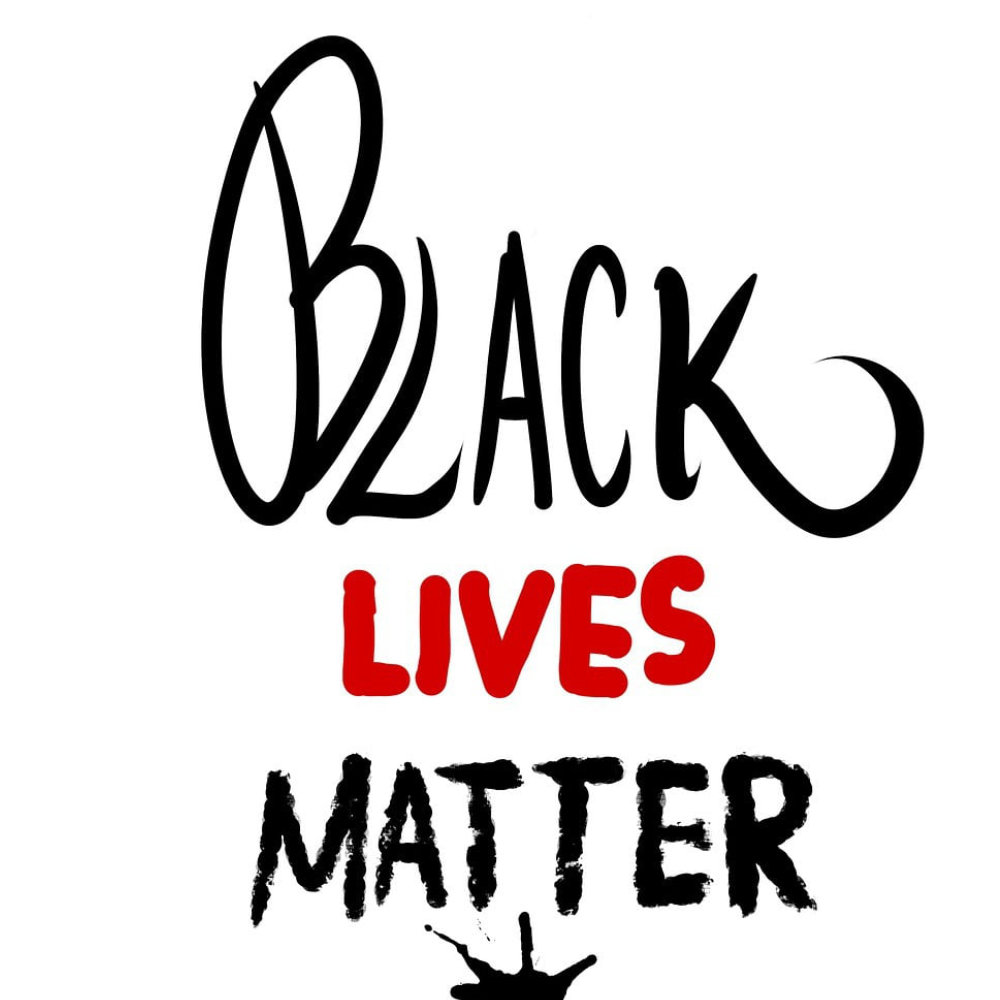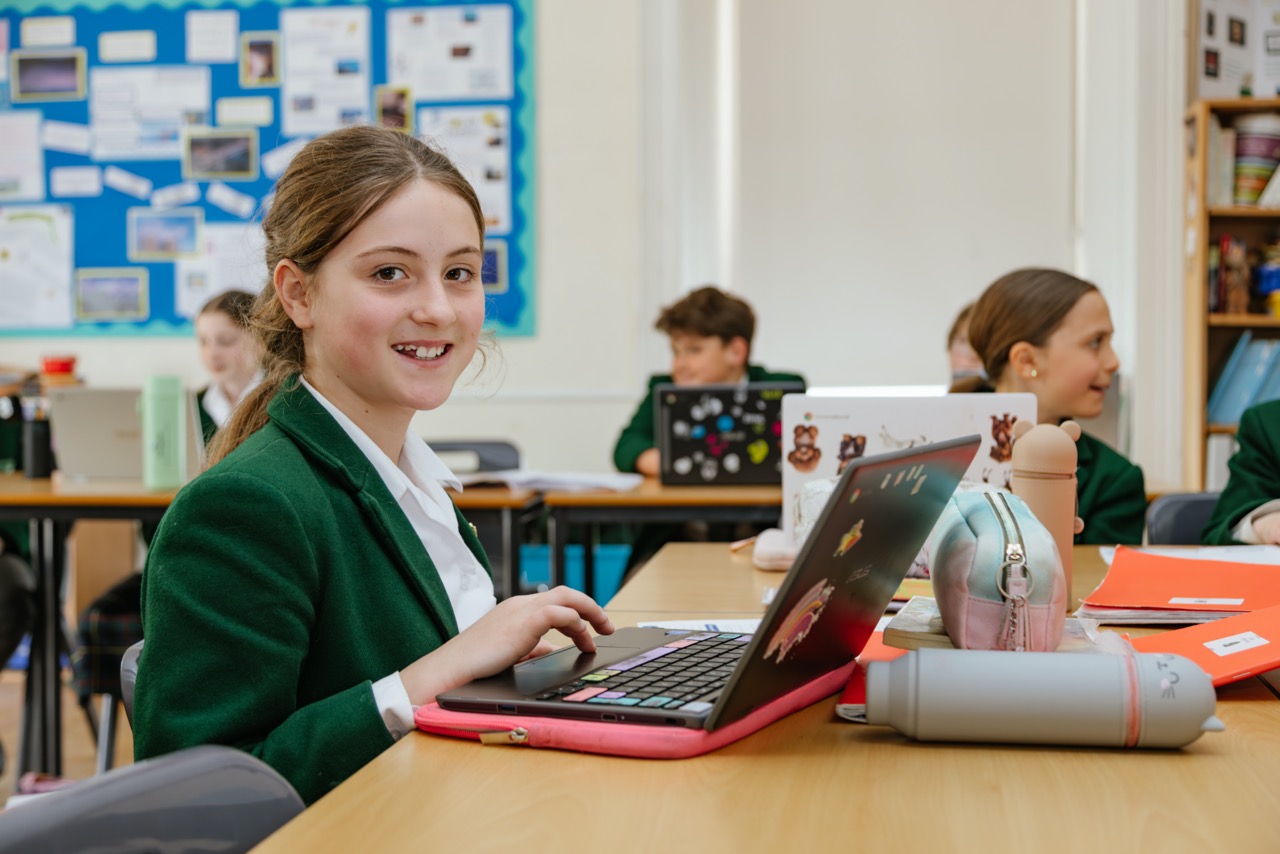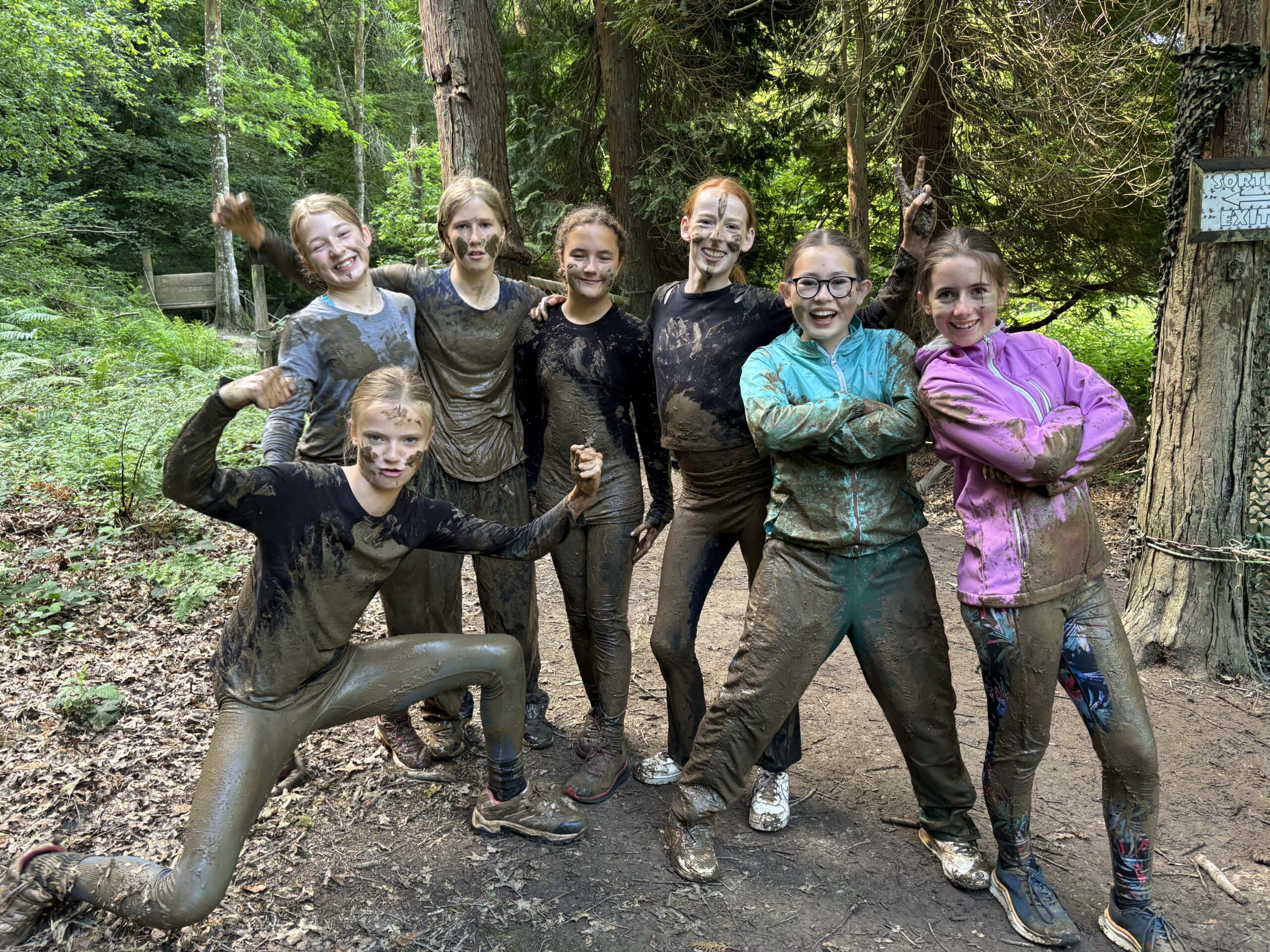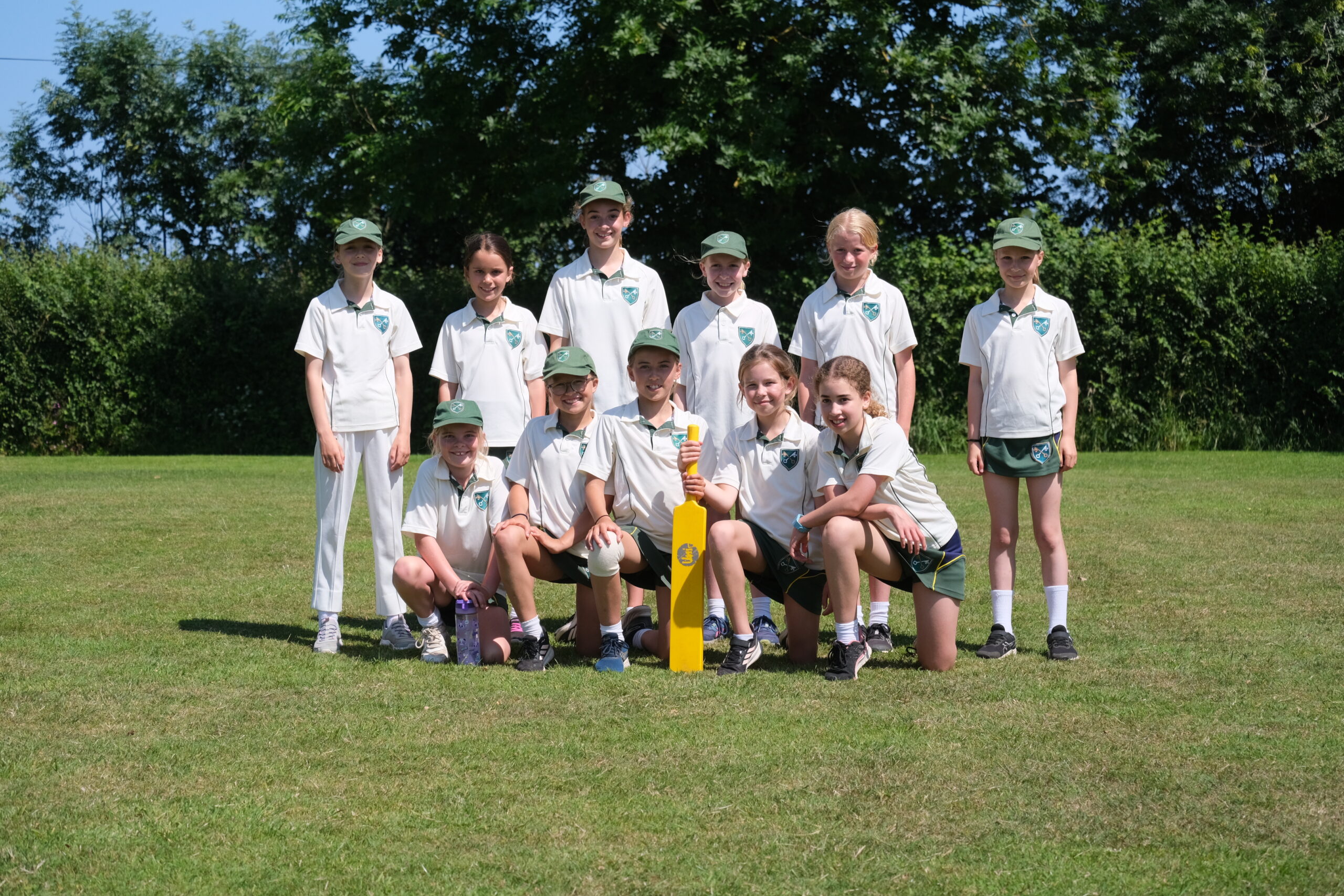It’s been another busy and successful week at St Peter’s and, in this blog post, we want to present a new initiative to you:
Last month was Black History Month; but, why is Black History Month necessary?
People from African and Caribbean backgrounds have played a fundamental part of British history for centuries. However, campaigners believe their value and contribution to society is often overlooked, ignored or distorted.
Most schools still teach a history curriculum which focuses on traditional events and the achievements of white figures. Black History Month gives everyone the opportunity to share, celebrate and understand the impact of black heritage and culture.
More recently, greater attention has been paid to the importance of the Windrush generation and the Black Lives Matter (BLM) movement, especially since the death of George Floyd in May 2020.
Following on from the BLM movement we decided to look at how we reflect equality, diversity and inclusion within our school and curriculum. Rather than just focus on a single month a year, we want it embedded in our curriculum throughout the year.
So where do we begin?
We had to ask ourselves:
- What implications should the Black Lives Matter movement have for what and how we teach in our school?
- What are the key questions we must be asking of our curriculum in light of events around the world in recent times?
Firstly, we needed to look at the history. When did the BLM movement begin and with who?
The BLM movement began in July 2013, after George Zimmerman was acquitted of fatally shooting the African American teenager, Trayvon Martin. The movement gathered momentum following the deaths, in 2014, of two African American men, Michael Brown and Eric Garner. However, it was in May 2020 when BLM rose to international prominence, in the aftermath of George Floyd’s death. Mr Floyd, a 46-year-old black man, was killed in Minneapolis, Minnesota, while being arrested.
So, what does a good school look like in responding to BLM?
Our curriculum must reflect tackling racism and discrimination while promoting equality, diversity and inclusion. The best schools reflect their local communities while also looking beyond this, to the wider world. They regard themselves as part of the national and international conversation. These schools teach pupils how to be active members of their communities and how to be good citizens of the world.
A school’s success can be measured by the extent to which it prepares all the young people it serves for their next steps in life. Do pupils leave the school as well-rounded, cultured, inquisitive, caring, kind, resilient, knowledgeable human beings, ready to make their own way in the world? Do schools, as a consequence, make the world a better place?
Part of this mission to prepare pupils for their place in the world is ensuring that they are taught about the Black Lives Matter movement. At the same time, schools should more actively tackle racism and promote equality, diversity and inclusion.
We are on our journey at St Peter’s in reflecting on our curriculum and self-auditing where we are as a school, in relation to equality, diversity and inclusion.
We will be seeking parental views and ideas to feed into our new development plan and will hold a parent forum for this. This is a whole community mission.
If you are interested, have ideas or experiences to contribute and would like to be part of this group, please email Mrs Claire Wellington-Smith and Mrs Lucy Ball at
If you would like to read more about Black Lives Matter and how to discuss it with your children, please find a useful link here: A Parent’s Guide to Black Lives Matter
Mrs Ball and Mrs Wellington-Smith
Deputy Head Academic









